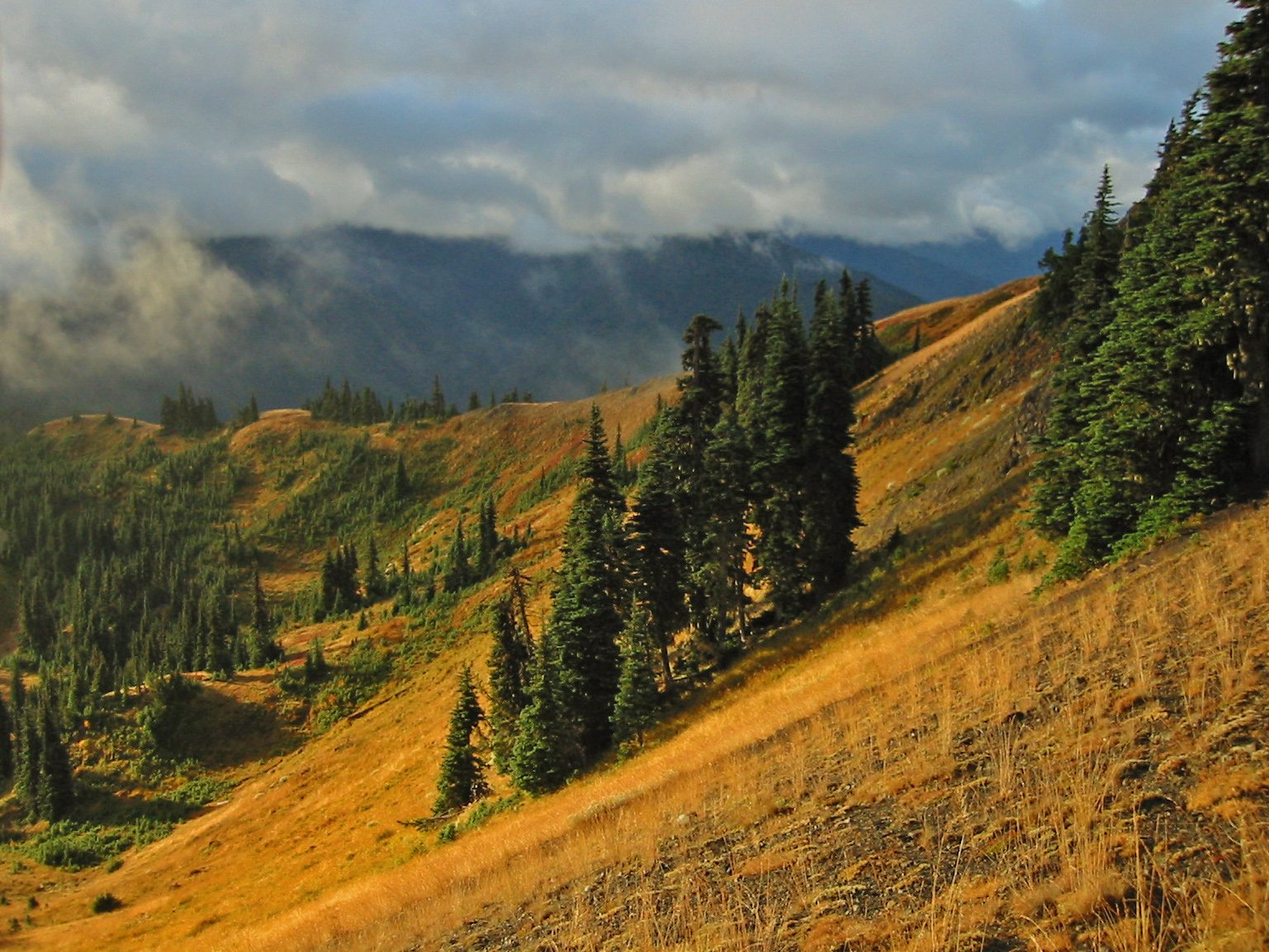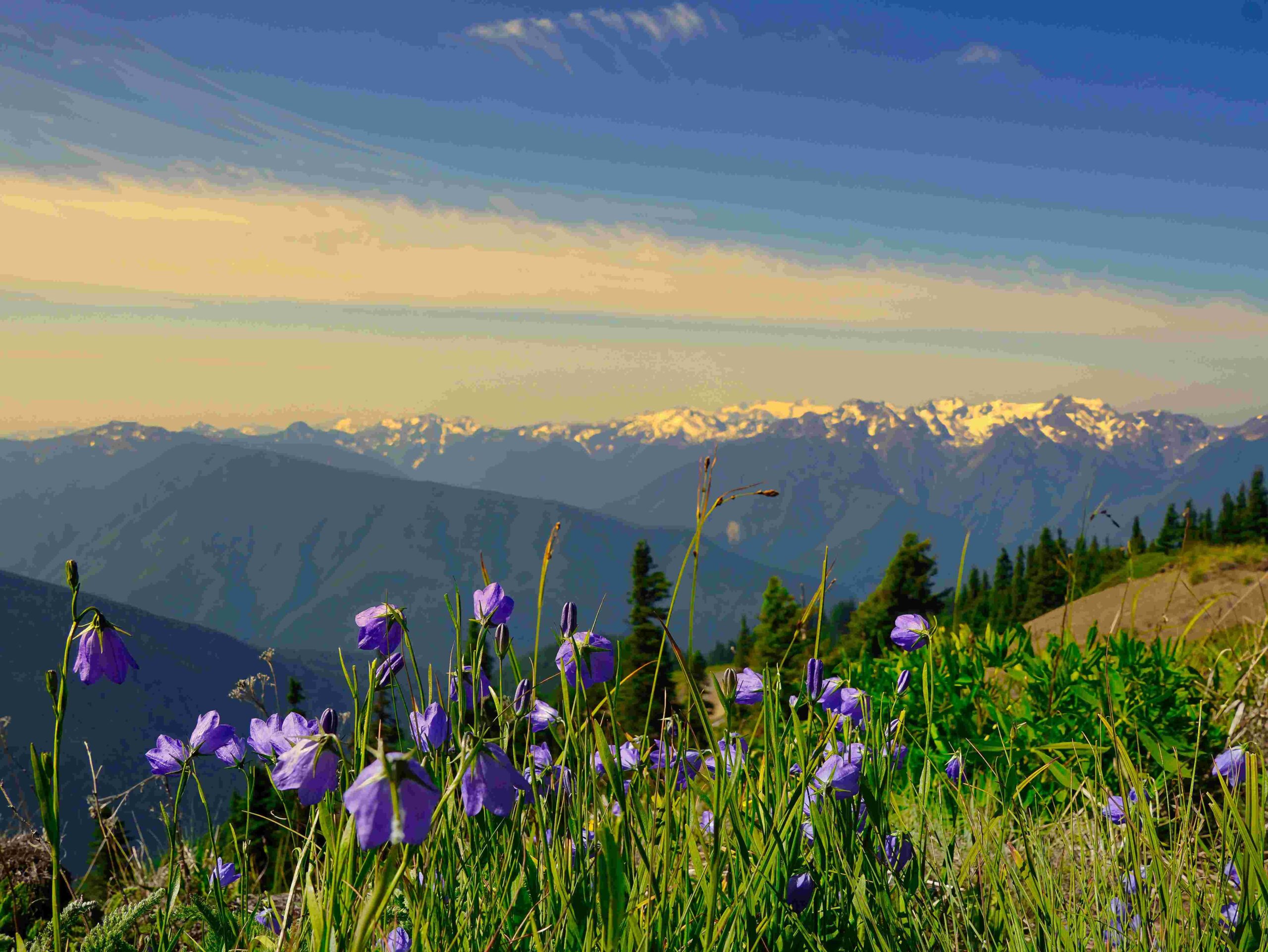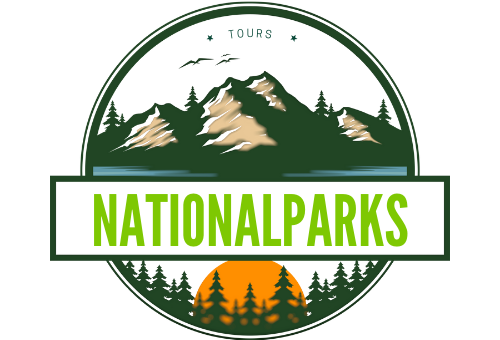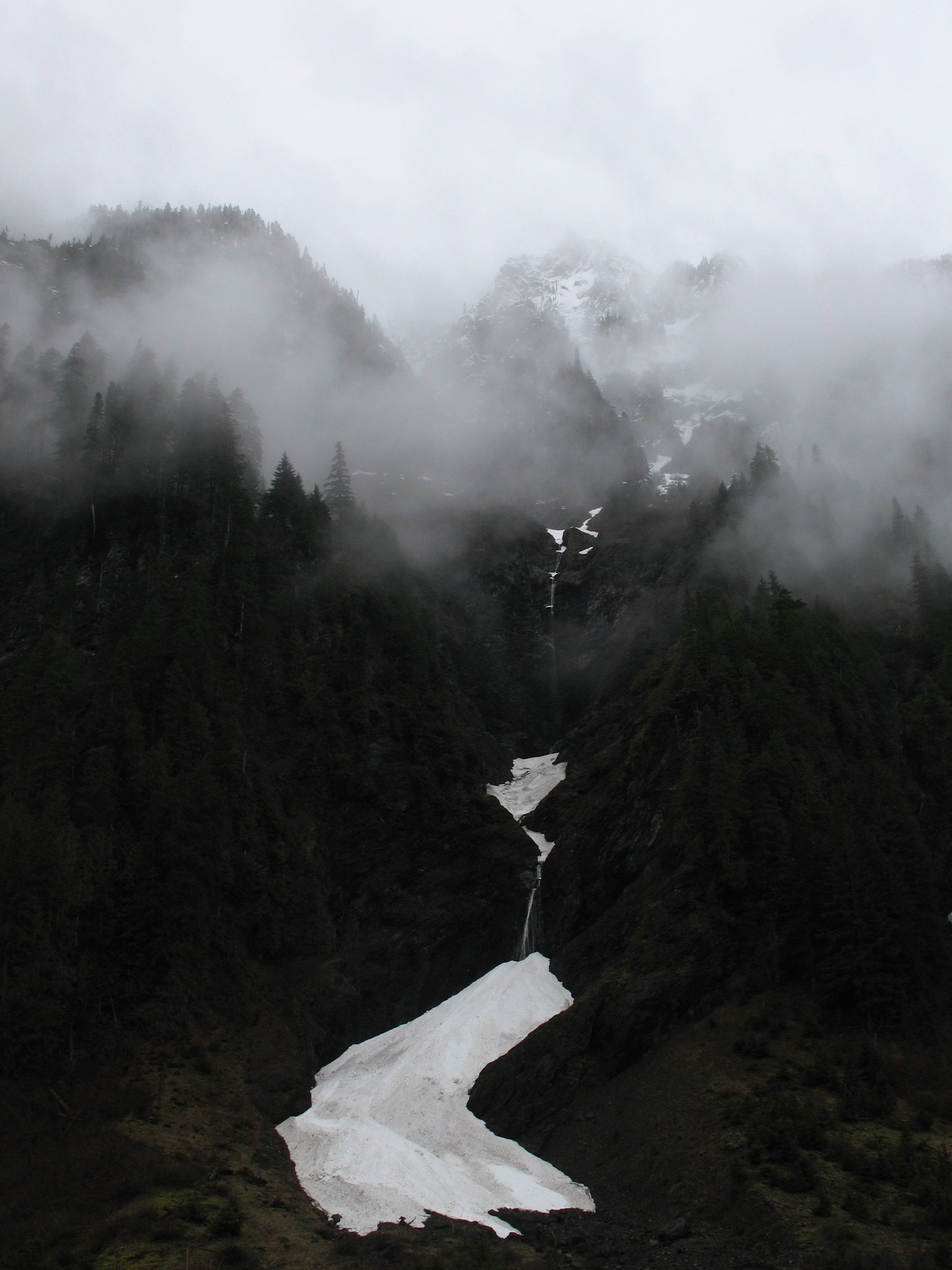The Punchbowl in Olympic National Park is a stunning natural formation located in the heart of the Olympic Peninsula. This unique geological feature, carved by glaciers and shaped by time, offers visitors a breathtaking view of crystal-clear waters surrounded by towering cliffs. The Punchbowl is a testament to the raw beauty of the Pacific Northwest and serves as a popular destination for hikers, nature enthusiasts, and photographers alike.
What is the Punchbowl in Olympic National Park?

The Punchbowl, also known as Devil’s Punchbowl, is a circular basin filled with clear, turquoise water. It’s formed by the erosive action of waves and currents on the rocky coastline. The Punchbowl is located near the Quinault area of Olympic National Park, offering visitors a unique perspective on the park’s diverse landscapes.
How was the Punchbowl formed?

The formation of the Punchbowl is a result of millions of years of geological processes:
- Glacial carving during ice ages
- Wave erosion of softer rock
- Collapse of sea caves
- Continuous shaping by tides and currents
This natural process has created a nearly perfect circular basin that fills with seawater, creating a mesmerizing sight for visitors.
Where is the Punchbowl located within Olympic National Park?
The Punchbowl is situated along the rugged coastline of Olympic National Park, near the Quinault area. To reach it:
- Drive to the Quinault area of Olympic National Park
- Follow signs to the Beach Trail
- Hike approximately 1.5 miles along the coastal trail
- The Punchbowl will be visible from the trail
What are the best times to visit the Punchbowl?
The best times to visit the Punchbowl in Olympic National Park are:
| Season | Advantages | Considerations |
|---|---|---|
| Summer | Warmer temperatures, longer daylight hours | Busier trails, more crowded |
| Spring | Wildflowers in bloom, fewer crowds | Possible rain, cooler temperatures |
| Fall | Beautiful foliage, less crowded | Shorter daylight hours, cooler weather |
| Winter | Dramatic storm watching, solitude | Challenging weather, limited access |
For the best experience, plan your visit during low tide to fully appreciate the Punchbowl’s unique features.
What activities can visitors enjoy at the Punchbowl?
Visitors to the Punchbowl can engage in various activities:
- Photography: Capture the stunning natural beauty
- Hiking: Explore the surrounding coastal trails
- Tidepooling: Discover marine life during low tide
- Birdwatching: Observe seabirds and coastal species
- Picnicking: Enjoy a meal with a spectacular view
Remember to practice Leave No Trace principles to preserve this natural wonder for future generations.
Are there any safety considerations when visiting the Punchbowl?
When visiting the Punchbowl, keep these safety tips in mind:
- Stay on designated trails to avoid erosion and accidents
- Be aware of tide schedules to prevent being trapped by rising water
- Wear appropriate footwear for slippery rocks and uneven terrain
- Bring water and snacks, as there are no facilities near the Punchbowl
- Inform someone of your hiking plans before setting out
What wildlife might visitors encounter near the Punchbowl?
The area around the Punchbowl is rich in wildlife:
- Marine mammals: Seals, sea lions, and occasionally whales
- Seabirds: Gulls, cormorants, and oystercatchers
- Intertidal creatures: Starfish, anemones, and crabs
- Land animals: Deer, raccoons, and various bird species
Always observe wildlife from a safe distance and never feed or approach wild animals.
How does the Punchbowl contribute to Olympic National Park’s ecosystem?
The Punchbowl plays a crucial role in the park’s ecosystem:
- Provides a unique habitat for intertidal species
- Serves as a resting and feeding area for seabirds
- Contributes to the park’s biodiversity
- Offers a natural laboratory for studying coastal erosion and geological processes
Its preservation is vital for maintaining the ecological balance of the Olympic coast.
What nearby attractions complement a visit to the Punchbowl?
After exploring the Punchbowl, consider visiting these nearby attractions:
- Quinault Rainforest: Experience lush, temperate rainforest ecosystems
- Lake Quinault: Enjoy boating, fishing, or a scenic drive around the lake
- Kalaloch Beach: Explore miles of pristine coastline and unique rock formations
- Ruby Beach: Witness stunning sea stacks and driftwood-strewn shores
These destinations showcase the diverse landscapes that make Olympic National Park a world-renowned natural wonder.
How can visitors help preserve the Punchbowl for future generations?
To protect this natural treasure:
- Stay on designated trails to prevent erosion
- Pack out all trash and leave no trace
- Avoid disturbing wildlife or removing natural objects
- Educate others about the importance of conservation
- Support Olympic National Park through donations or volunteer work
By following these guidelines, we can ensure that the Punchbowl remains a pristine and awe-inspiring destination for years to come.
The Punchbowl in Olympic National Park stands as a testament to the raw beauty and geological wonders of the Pacific Northwest. Its unique formation, diverse ecosystem, and stunning vistas make it a must-visit destination for anyone exploring Olympic National Park. By approaching this natural wonder with respect and admiration, visitors can experience the magic of the Punchbowl while helping to preserve its splendor for future generations.

